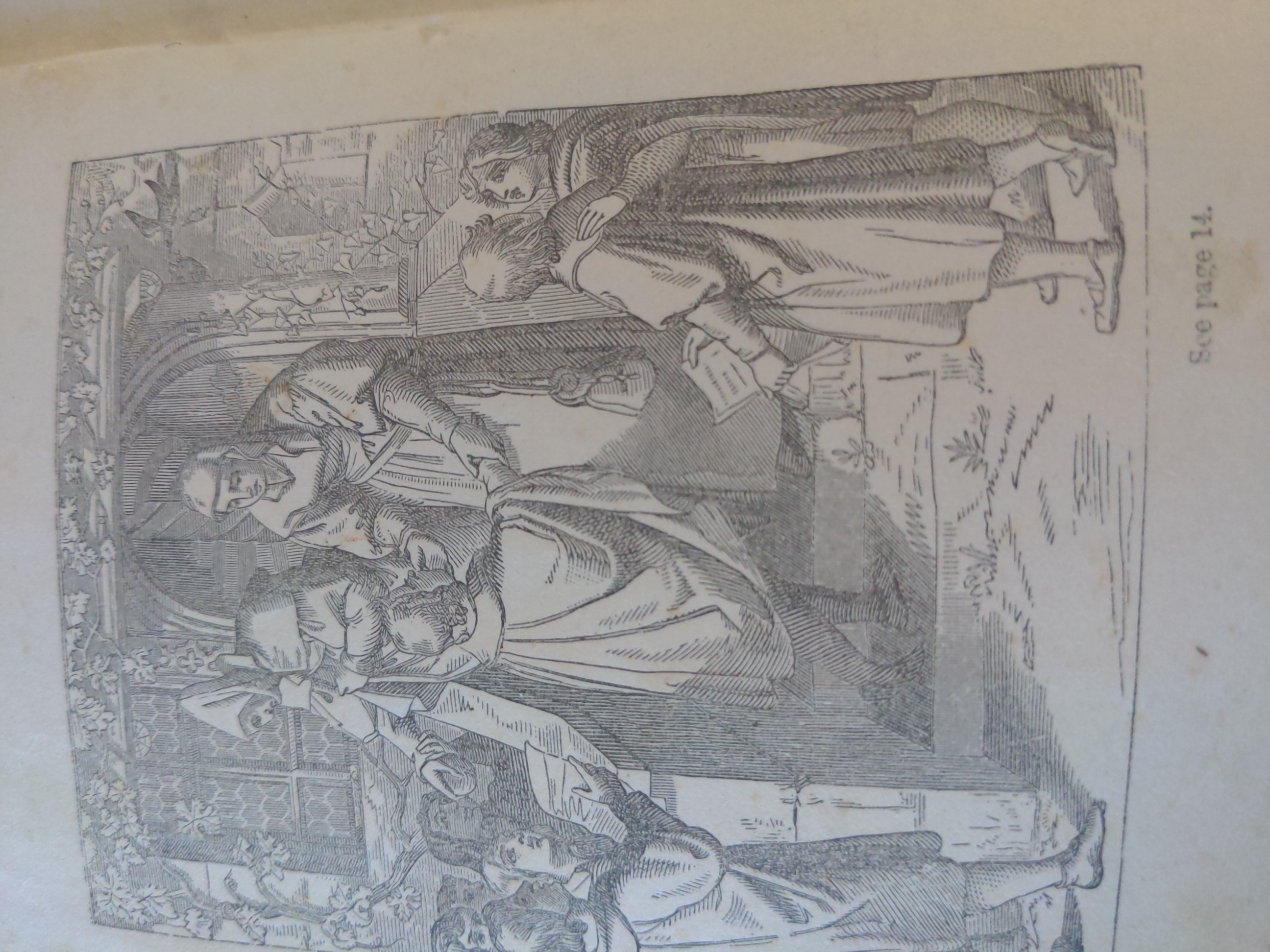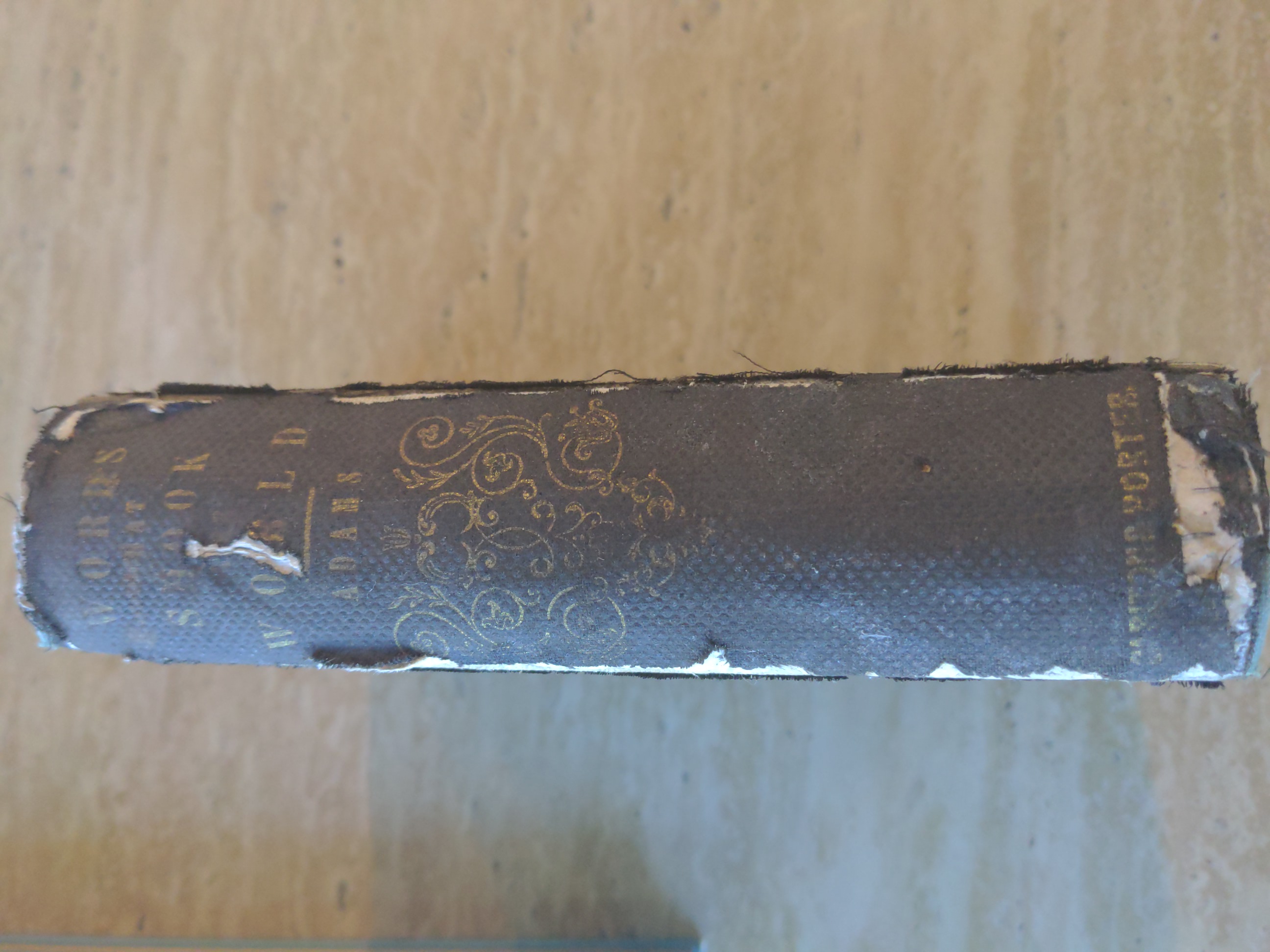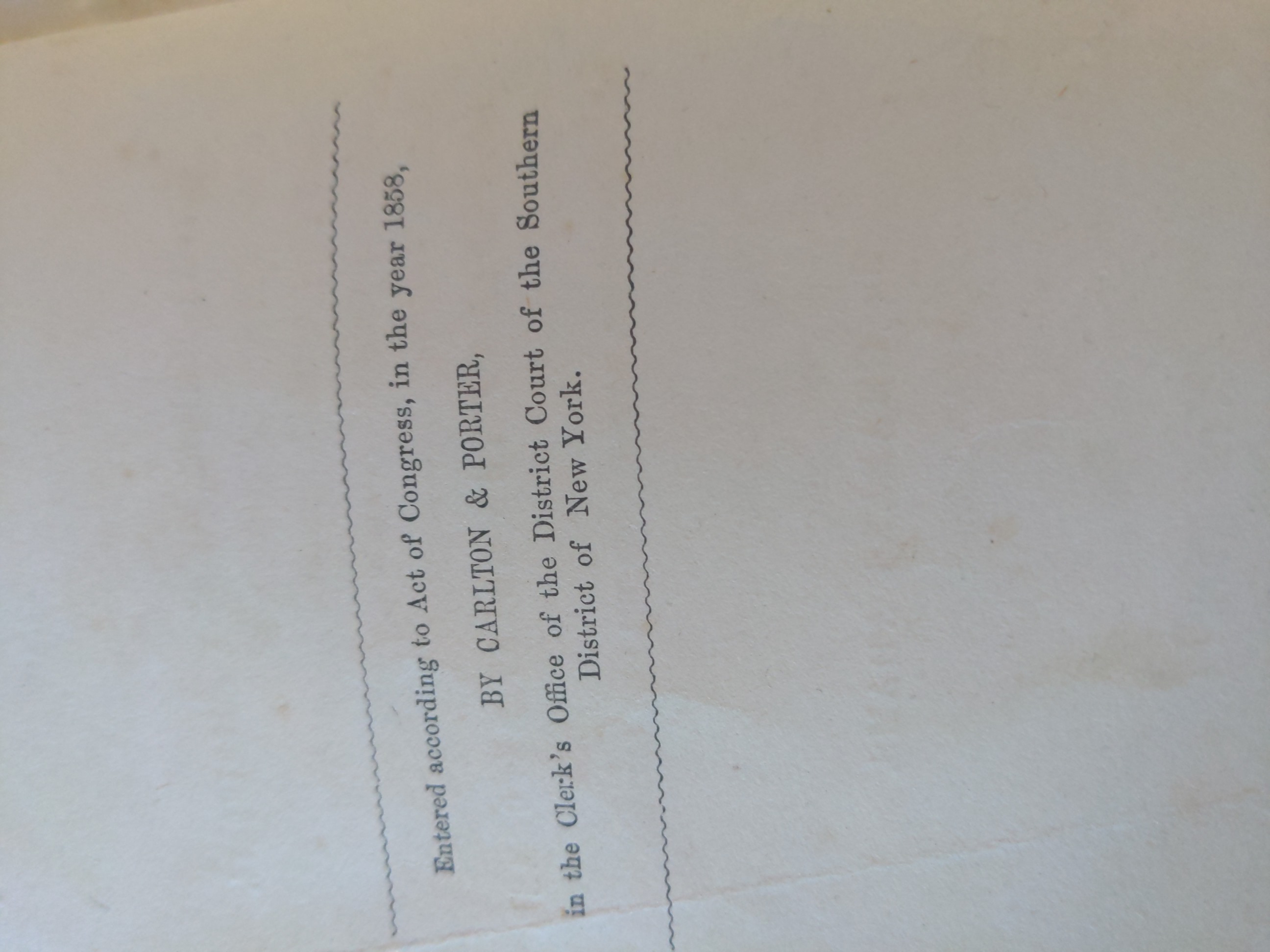Martin Luther: The Man Who Shook the World!
Martin Luther, a 16th-century German theologian and reformer, is widely regarded as one of the most influential figures in modern history. His courageous actions and unwavering commitment to his faith led to the Protestant Reformation, a movement that shook the foundations of Christianity and had far-reaching consequences for Western society. This article will delve into the life and legacy of Martin Luther, exploring his early years, his theological disputes, and the impact of his ideas on the world.
Martin Luther was born on November 10, 1483, in Eisleben, Saxony (now part of Germany). His father, Hans Luther, was a copper miner, and the family was relatively poor. Despite the financial constraints, Hans Luther valued education and encouraged Martin to pursue his studies. Martin's early years were marked by a deepening interest in theology and literature, which laid the foundation for his future career.
The Early Years and Education
Luther's academic prowess earned him a place at the University of Erfurt, where he studied theology and philosophy. During his time at university, Luther was exposed to various theological ideas, including those of the humanist movement. The humanists, who emphasized the importance of classical learning and individualism, had a significant impact on Luther's thought. However, it was not until he encountered the teachings of John Wycliffe, an English theologian, that Luther began to question the authority of the Catholic Church.
The 95 Theses and the Disputes with the Church
In 1517, Luther, then a professor of theology at the University of Wittenberg, wrote his famous 95 Theses, a list of grievances against the Catholic Church. The theses challenged various practices, including the sale of indulgences, which Luther saw as a corruption of the Church's teachings. The theses were a call to action, urging Luther's fellow Christians to re-examine their faith and challenge the authority of the Church.
The Church, however, was not pleased with Luther's actions. The Pope, Leo X, saw Luther's theses as a challenge to the Church's authority and responded with a series of edicts aimed at silencing the young theologian. Luther, undeterred, continued to write and lecture, defending his ideas and questioning the Church's teachings.
The Diet of Worms and Luther's Defiance
In 1521, Luther was summoned to the Diet of Worms, a gathering of German princes and theologians. The purpose of the diet was to address the growing concerns about Luther's teachings and to determine his fate. Luther, who had been warned to recant his views, appeared before the diet and famously declared, "Here I stand, I can do no other. God help me. Amen."
Luther's defiance at the Diet of Worms marked a turning point in his career. The Church, sensing that Luther's popularity had grown, responded with increasing hostility. Luther, however, continued to write and lecture, and his ideas began to spread throughout Europe.
The Impact of Luther's Ideas
Luther's teachings had far-reaching consequences for Western society. His emphasis on individual interpretation of Scripture and his rejection of Church authority paved the way for the Protestant Reformation. The Reformation led to the emergence of new Christian denominations, including Lutheranism, Calvinism, and Anglicanism.
The Reformation also had significant social and cultural implications. The emergence of Protestantism led to the development of new forms of education, art, and literature. The Protestant work ethic, which emphasized hard work and thrift, also became a hallmark of Western culture.
The Protestant Reformation and Its Legacy
The Protestant Reformation was not just a theological movement; it was also a cultural and social phenomenon. The Reformation led to the emergence of new forms of art, literature, and music. The Protestant Reformation also had significant economic implications, as the shift away from Catholic patronage and towards Protestant individualism led to the development of new economic systems.
Today, the legacy of Martin Luther and the Protestant Reformation continues to shape Western society. Luther's emphasis on individual interpretation of Scripture and his rejection of Church authority remain central to Protestant theology. The Reformation also continues to influence art, literature, and music, with many artists and writers drawing on Protestant themes and motifs.
Conclusion
Martin Luther, the man who shook the world, left an indelible mark on Western history. His courageous actions and unwavering commitment to his faith led to the Protestant Reformation, a movement that had far-reaching consequences for Christianity and Western society. As we reflect on Luther's legacy, we are reminded of the power of individual faith and the importance of challenging authority.
Timeline of Key Events
• 1483: Martin Luther born on November 10 in Eisleben, Saxony
• 1505: Luther becomes a priest and begins his academic career
• 1517: Luther writes his 95 Theses and challenges the Catholic Church
• 1521: Luther appears before the Diet of Worms and declares, "Here I stand, I can do no other."
• 1522: Luther is excommunicated by the Pope
• 1530: Luther marries Katharina von Bora and begins his work as a reformer
• 1546: Luther dies on February 18 in Halle, Saxony
Key Terms
• Protestant Reformation: A theological movement that emerged in the 16th century, characterized by a rejection of Catholic Church authority and an emphasis on individual interpretation of Scripture.
• Lutheran Theology: A theological tradition that emerged from Luther's teachings, emphasizing the importance of Scripture, individual faith, and the priesthood of all believers.
• Martin Luther: A 16th-century German theologian and reformer who challenged
How Old Iarleyhimkus
How Tall Isabrina Carpenter
Laurenpton Husband
Article Recommendations
- Aaron Hernandez Wife Net Worth 2024
- Rick Harrison Net Worth
- Matthew Labyorteaux Net Worth
- Norissa Valdez
- Abby Bernerd
- Is Holly Rowe Married
- Chester Koong
- Kyla Pratt
- Liam Payne Personal Assistant
- Kimcott Mathers



